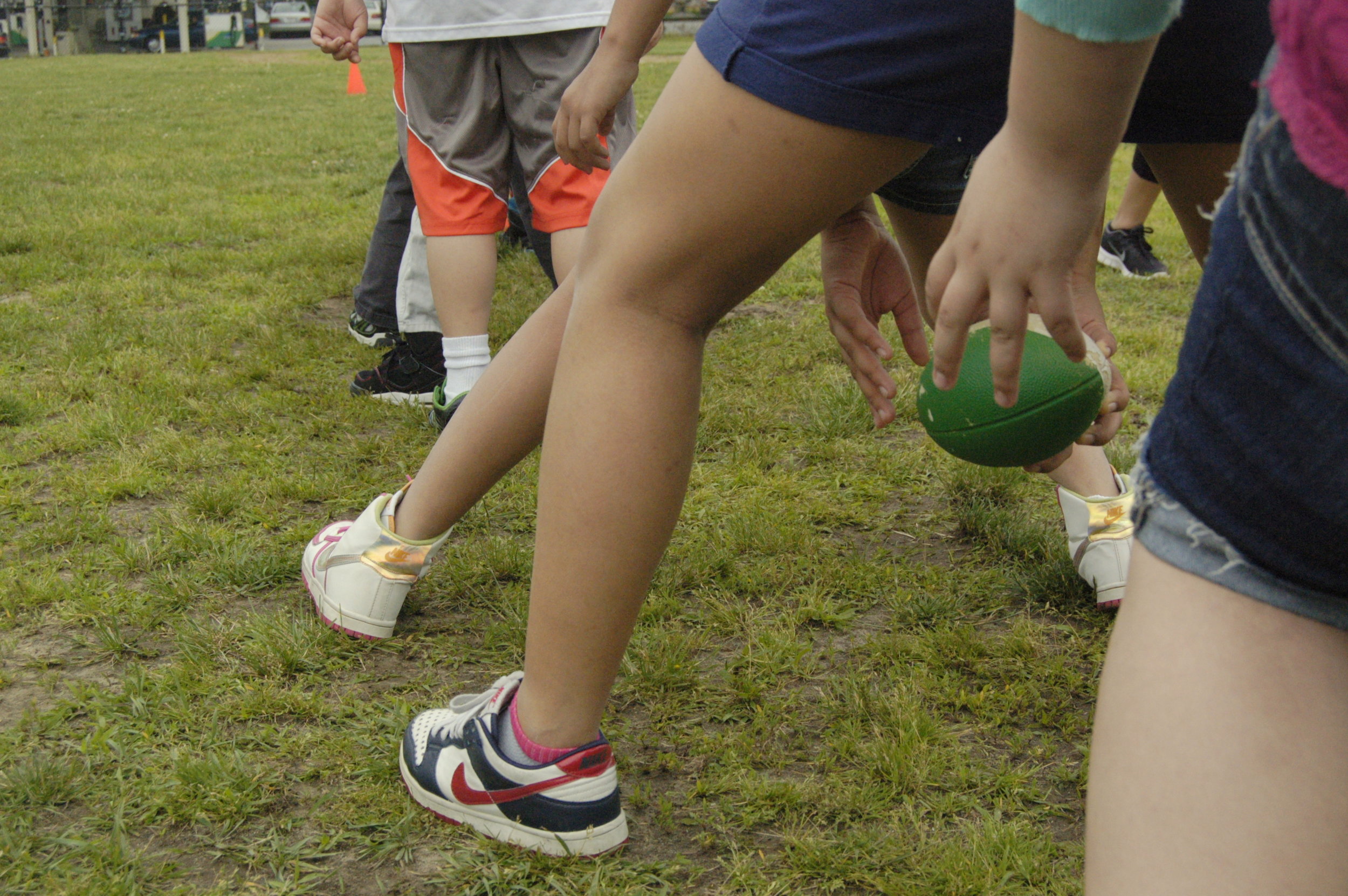The Other Growth Our Students Need
 About 10 years ago, I was introduced to the Responsive Classroom, a program that was highly supported in the school in which I worked. There are many principles of Responsive Classroom that not only make for good classroom management, but create an environment of communal trust within a classroom and a school as a whole.The first principle of a Responsive Classroom has always been important for me, a foundation of my career as a teacher: The social and emotional curriculum is as important as the academic curriculum. Recently, Edutopia and other education news sources carried the tale of how student "grit" is a key to student success. What is grit? Self-perception, the ability to overcome inner obstacles, persistence, resiliency, self-regulation of emotions - in short, as Carol Dweck has written, it is a Growth Mindset.These ideas are essential to a child's education. They are the social and emotional curriculum that form the foundation for academic growth. And they are often missing in classrooms jammed with test preparation and curricular standards.Sandra Dunning, the Principal who introduced me to Responsive Classroom, believed in the importance of developing a community of learners. Each morning, a 30-minute block of time was carved into our schedules for the community-building of Morning Meetings, Greetings, collaborative activities that fostered this development in each student, teacher, and classroom. There was a calm, purposefulness to our classroom in those days, and when things went off the rails, as sometimes happens, our group was able to process together and resolve whatever issues had preceded it.Sadly, under the guise of "raising the bar" and increasing "rigor", by the last few years of my teaching career, the daily activities that had created and fed my students' social and emotional growth were undermined and replaced by time-on-task schedules, test preparation and packed curricula. Most mornings, we could squeeze in a Morning Greeting between breakfast and leaving for Allied Arts classes; some days we could not.Responsive Classroom Principle 4 reminds us that To be successful academically and socially, children need to learn a set of social and emotional skills: cooperation, assertiveness, responsibility, empathy, and self-control. We are short-changing our students' education when we can't attend to emotional and social growth.
About 10 years ago, I was introduced to the Responsive Classroom, a program that was highly supported in the school in which I worked. There are many principles of Responsive Classroom that not only make for good classroom management, but create an environment of communal trust within a classroom and a school as a whole.The first principle of a Responsive Classroom has always been important for me, a foundation of my career as a teacher: The social and emotional curriculum is as important as the academic curriculum. Recently, Edutopia and other education news sources carried the tale of how student "grit" is a key to student success. What is grit? Self-perception, the ability to overcome inner obstacles, persistence, resiliency, self-regulation of emotions - in short, as Carol Dweck has written, it is a Growth Mindset.These ideas are essential to a child's education. They are the social and emotional curriculum that form the foundation for academic growth. And they are often missing in classrooms jammed with test preparation and curricular standards.Sandra Dunning, the Principal who introduced me to Responsive Classroom, believed in the importance of developing a community of learners. Each morning, a 30-minute block of time was carved into our schedules for the community-building of Morning Meetings, Greetings, collaborative activities that fostered this development in each student, teacher, and classroom. There was a calm, purposefulness to our classroom in those days, and when things went off the rails, as sometimes happens, our group was able to process together and resolve whatever issues had preceded it.Sadly, under the guise of "raising the bar" and increasing "rigor", by the last few years of my teaching career, the daily activities that had created and fed my students' social and emotional growth were undermined and replaced by time-on-task schedules, test preparation and packed curricula. Most mornings, we could squeeze in a Morning Greeting between breakfast and leaving for Allied Arts classes; some days we could not.Responsive Classroom Principle 4 reminds us that To be successful academically and socially, children need to learn a set of social and emotional skills: cooperation, assertiveness, responsibility, empathy, and self-control. We are short-changing our students' education when we can't attend to emotional and social growth.